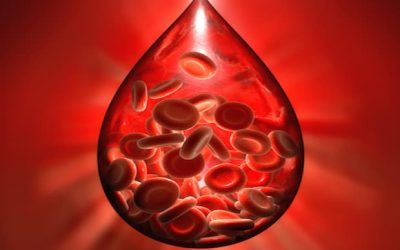The Scottish Medicines Consortium has rejected NHS funding for four new therapies, including Bristol-Myers Squibb and Roche’s respective cancer medicines Opdivo and Gazyvaro.
Opdivo (nivolumab) was turned down as a treatment for advanced bladder cancer, after being reviewed through the SMC’s Patient and Clinician Engagement (PACE) process, which looks at end of life medicines or those for very rare conditions.
The cost watchdog noted that despite strong testimony from patient groups and clinicians, and the additional flexibility that PACE gives to the decision making process, the committee was unable to accept the drug as the company’s evidence around its benefits “was not strong enough to justify its use by NHS Scotland”.
The decision mirrors that of sister body the National Institute for Health and Care Excellence, which issued draft guidelines in October last year rejecting the drug for NHS use in England and Wales, because drug had not been compared with existing therapies in studies and so it was difficult to determine the magnitude of its benefit.
Gazyvaro (obinutuzumab) was also rejected as an option for patients with previously untreated follicular lymphoma, as there was “too much uncertainty in the company’s evidence around the cost benefits compared to the treatment option already available in NHS Scotland”.
Again, NICE also ruled back in an appraisal determination last September that it could not approve NHS funding for the drug in this setting, because while there was a benefit in delaying disease progression, it was more expensive than the existing standard and also less tolerable.
It was a similar story for Allergan’s Truberzi (eluxadoline) for the treatment of irritable bowel syndrome with diarrhoea, as evidence on its benefits “was not strong enough to justify its cost to the NHS,” according to the SMC.
In direct contrast, the first-in-class drug was issued a final green light for NHS use in August, specifically for patients who have not responded to or cannot take other treatments.
The committee was also unable to recommend Ferring’s Pabal (carbetocin), which is used to reduce the risk of bleeding in mothers who have delivered a baby by Caesarean section, again because its advantages compared to another similar treatment already used in clinical practice “were insufficient to support the additional cost required”.









